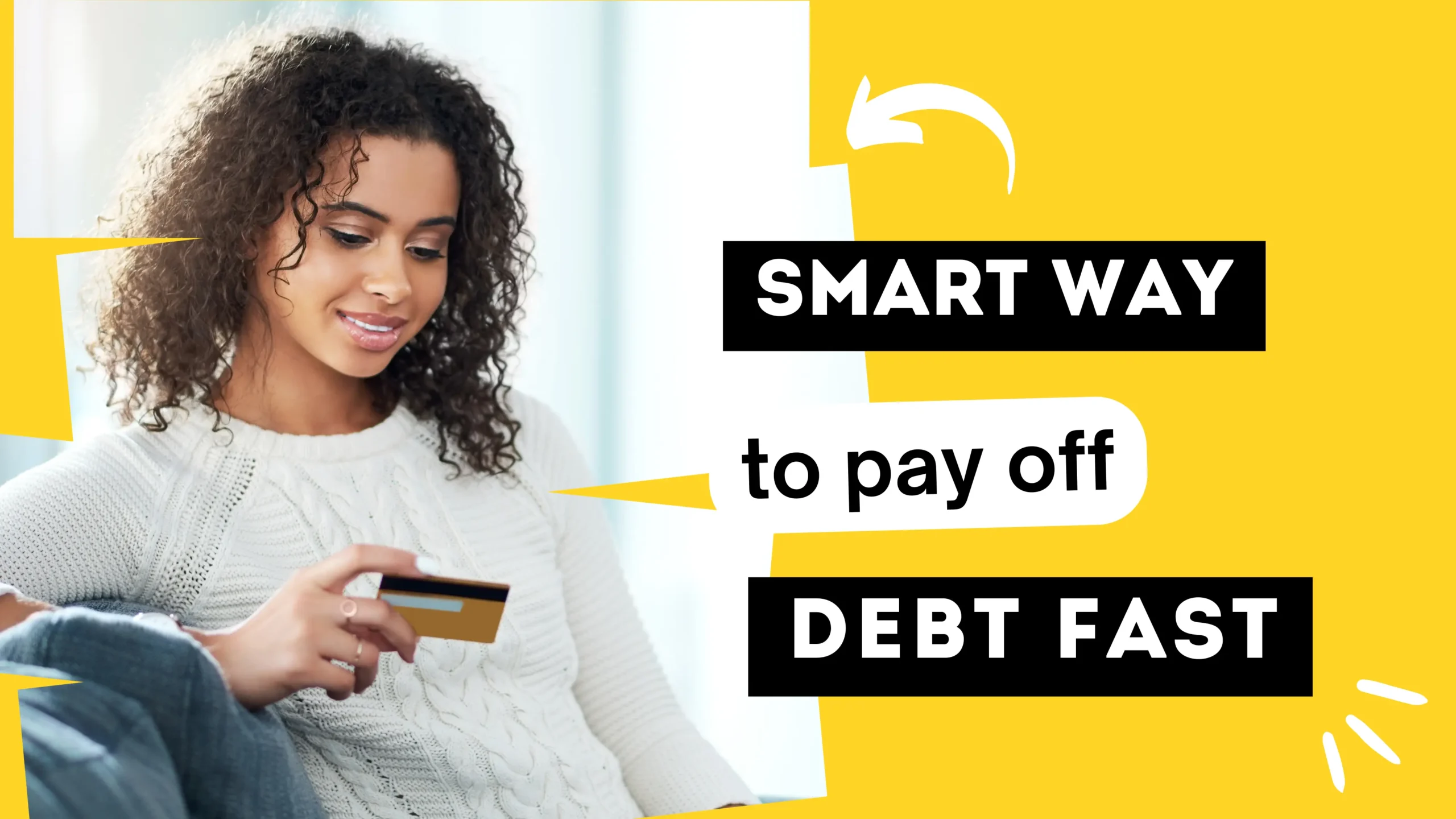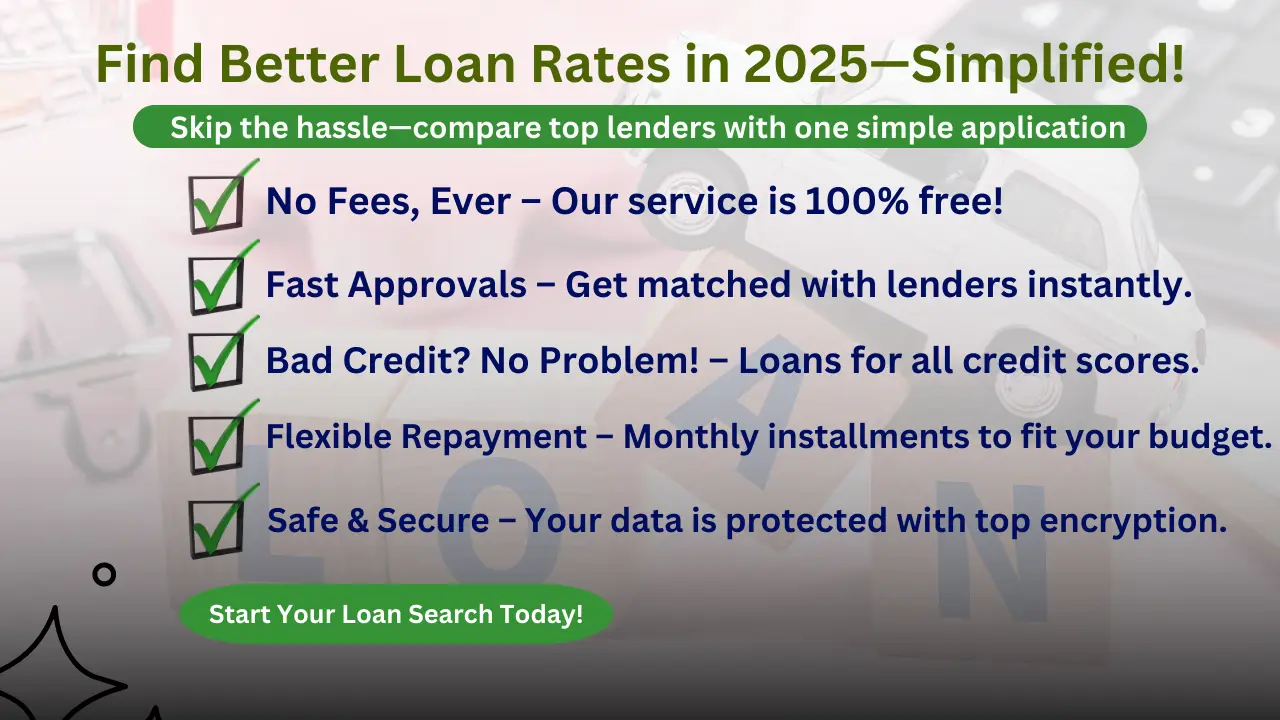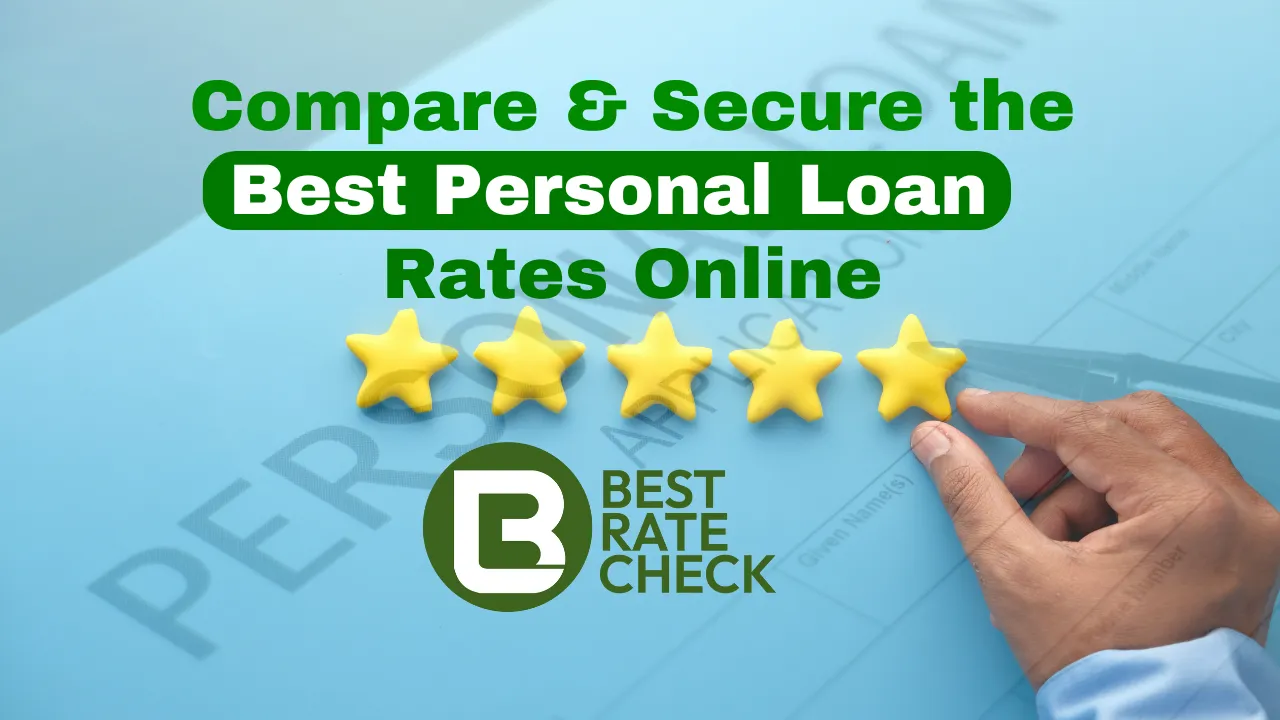Credit card debt is very common in the U.S. People collectively owed about $1.211 trillion in debt as of the fourth quarter of 2024. Using credit cards itself is not a bad thing. In fact, they’re a great financial tool when used responsibly. For example, using 0% APR cards is the best way to make large purchases, as long as you pay back before the promotional period ends.
However, having debt in cards is not of long-term value or investment return. Otherwise it would’ve been considered a “smart financial move”. Instead of being an asset, credit card debt often leads to high interest charges and financial strain for the individual.
Having a balance in your credit card doesn’t mean you’re a bad person. It just means that you should prioritise paying it off first. That is because of interest. High-interest credit cards cause unnecessary debt accumulation, and increase the amount you need to pay back.
What is credit card debt?
Credit card debt is when you are using the credit limit on your card to make purchases. Whatever you spend is added to a balance you owe to the credit card company. Most bills are due every month. If you repay the balance in full before the due date, no interest is charged.
After the credit card bill comes, if the debt is not paid off, you’re charged interest on the balance. The longer you take to repay, the more interest is charged. In fact, each day, the interest is added to your balance. The next day, interest is charged on this new balance!
Moreover, there may also be late fee penalties. Late payments are sometimes referred to as “default,” and get reported to the credit bureaus. When multiple payments have been missed, it affects your credit score negatively.
How much credit card debt is ‘too much’?
This is a very subjective question. For one person, having $5,000 on their card balance might sound too much, while for another it may not. Because their incomes are different. Your personal financial situation is a deciding factor for “how much debt is too much?”
As a rule of thumb—accruing too much interest, having difficulty in paying other bills, or carrying a balance close to your credit limit—are all warning signs that your debt is a lot. As long as your credit utilization ratio is less than 30 percent of your credit limit, you have nothing to worry about.
However, if you’ve missed payments for long enough, the interest can still make your debt high. Make sure that you’re paying your credit card bills each month to avoid debt accumulation. Also, if your monthly card payments are exceeding 30 percent of your income, we have a problem.
Overall, having difficulty in paying off the bills, is a cue for doing something about the debt.
Credit card balance & credit score
Carrying a high balance on your credit card can affect your credit score badly. When you have higher balances relative to your credit limit, your “credit utilization ratio” increases. This is the second most important factor in determining your credit score.
Higher credit utilization lowers your credit score. So, you’ll find it harder to obtain loans or other cards at fair APRs. Additionally, high balances mean higher interest charges.
Effects of debt on financial goals
Sure, using credit cards lets you buy things. But it’s beneficial only when used correctly. If you’re struggling with debt, what about your long-term financial goals? A substantial portion of your income going towards debt payments equals little savings and investment in your future.
Additionally, making only minimum payments each month, and carrying forward your balance into the next month means more and more interest. It gets difficult to save for retirement, build an emergency fund, or pursue other financial goals. Plus the high interest and fees will deplete potential savings. Overall, you’re at a disadvantage when it comes to building wealth.
And, let’s suppose you’re not able to make payments anymore and your account gets charged off. This will reflect on your credit report for up to 7 years. Then it becomes difficult to access credit or secure favourable terms when you’re getting a loan for buying a home or car.
How to pay off credit card debt fast?
First of all, list all your debts, including the balance and interest rate for each card. This helps you understand the total amount you owe and plan accordingly. It will also help you spot all the high-interest credit cards that may become a problem.
There are several strategies you can use to then pay off your credit card debt quickly:
- Debt snowball: Make the minimum payment on each card, and with the remaining money, pay off the smallest debt first. Now, move on to the credit card that has the next smallest balance. In this way, you’ve arranged all your balances in the ascending order. This creates a snowball effect, and you can keep doing this until all your debt is paid off.
- Debt avalanche: This one is opposite of the snowball method. Here, you prioritise credit cards with the highest interest rates first. Make minimum payments on each of your cards, and the remaining money can go towards the debt with highest interest. In the long run, you’ll end up saving on the interest and your debt will be paid off too.
- Balance transfer credit card: Another smart way to pay off your debt is by using this card. Balance transfer cards usually come with a 12-18 month introductory period and a 0% APR for that time. So, you can use this card to avoid interest on your debt. Make higher monthly payments and take full advantage of the offer. Also, check the transfer fees.
- Debt consolidation: You can also use a debt consolidation loan to pay off all your credit card balances in one go. This way, you’ll combine all your debt and simplify the payments. Generally, you can get this new loan at a lower interest than what you were paying for all your cards in total each month, to save on the interest.
- Negotiate a lower rate: Sometimes, credit card companies understand your situation. They may offer you a lower interest rate of a modified payment plan to help you with the repayment. You could also seek help from a credit counseling organisation and they can give you a personalised debt management plan.
- Review your budget: During this time, try to cut down on costs as much as you can. Avoid adding more to your existing debt, while you’re still paying off. You may need to take a look at your budget again, cut unnecessary expenses, and use cash to avoid overspending.
Overall, when you have a lot of debt on your cards, it is okay to feel psychologically overwhelmed. It’s natural. But know that this time shall pass too. With small victories everyday, it is definitely possible to pay off your card balances completely.
How can I create a realistic budget?
To manage your payments, it is important that you’re not too hard on yourself. Having realistic goals about your budget is key here. There are some ways to do this:
- Get a clear picture of your debt. List out your balance, current income, APR, minimum monthly payments required on each credit card, etc.
- Now, calculate how much money you have after paying for basic expenses and necessary bills (like rent, utilities, phone bill, transport, groceries, etc.) The remaining amount can be allocated for debt repayment. Forget saving for some time.
- Itemise and categorise your expenses to understand where your income is going each month and whether there is room for cutting down somewhere. You can use budgeting apps or manually review your bank or credit card statements to identify spending habits.
- Automate your credit card payments to make sure that you’re making at least the minimum payment each month. This will help you avoid late penalties and interest.
- For a while, switch to using just cash for your purchases. That way, you will actually end up spending less, and you won’t be overdrawing from your credit card.
How to avoid debt in the future?
Now that you know the strategies you can use to come out of debt, let’s also understand how to avoid this debt trap in the first place!
- Spend within your means. Don’t make purchases you can’t afford within a billing cycle.
- Pay your balance in full each month, at all costs.
- Set up automatic payments for credit card balances.
- Limit the number of credit cards. Multiple cards mean overspending and missing payments.
- Build an emergency fund that can cover 3-6 months of living expenses for you.
- Avoid the minimum payment trap. You will stay in debt longer, with higher interest.
- Budget and track your spendings each month. Prioritise essential purchases.
- Understand the annual percentage rate (APR) on your credit card.
- Consider professional advice from a credit counselor if you’re struggling with debt.
- Use cash for making purchases and to avoid impulse spending.
- Read personal finance resources like ours and become financially literate.
By following the steps we’ve listed above, you’ll be able to avoid credit card debt like it’s a piece of cake. We know, staying disciplined with your finances is difficult and sometimes even boring. But remember that no amount of overspending will fulfill you. When you’re spending more than you can, it invites an imbalance for your finances and it can ruin your mental health too. Try to be in tune with your psychological states to avoid emotional spending too.
Pros & cons of debt consolidation loans
| Pros | Cons |
| Single monthly payment (simplified budgeting) | Risk of accumulating more debt |
| Lower interest rate can be possible, compared to what you were paying | Missed payments trigger late fees |
| Boosts your credit score by reducing the credit utilization | Hard inquiry will temporarily lower your score |
| Fixed repayment schedule | If the repayment terms are extended, overall it could mean higher interest |
Best Rate Check: Find the best debt consolidation loans
Taking a debt consolidation can be a good financial move if you’re able to secure lower interest than what you were paying in total on your credit card debt. But how? Best Rate Check connects you to the best lenders for debt consolidation loans.
You can apply by submitting just 2 details—your email, and the loan amount you need to pay off your debts. And, you’ll be pre-approved with multiple trusted lenders. They will give you their loan offers, and you can simply compare the APRs to find the interest rate and terms that suit you.
Frequently Asked Questions
Living your whole life with credit card debt is not theoretically impossible. But practically, there are a lot of financial drawbacks. The interest will incur each month, and minimum payments might not cover the interest. This can cause debt to accumulate rapidly. The cycle of debt, once started, is very difficult to escape, and it will affect the quality of your life and any financial freedom you experience.
This is due to lack of financial literacy. Young people are more prone to impulse spending, and overspending as well. They might not be aware of the serious consequences credit card debt can have on their future. It is therefore important for young adults to have a mentor guiding them with their financial choices.
The quickest, easiest way to instantly pay off your credit card debt is through debt consolidation loans or balance transfer credit cards that come at 0% APR.



